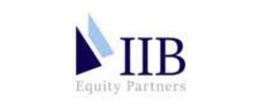Rosh Hashana. The time of year when you say that I am going to make myself a better person. When we think of what we can do to achieve this, there are some obvious things we can do. Spend more time with the family. Learn more Torah. Do more mitzvahs. And give more tsedaka.
One area that might not be an obvious choice for a new year’s resolution is your financial situation. You might think that there is not much you can do about, but you can. Here is a list of financial resolutions for the New Year that I believe will help you improve your life:
• Learn about your financial position. Do you know what your net worth is? How much do you have in assets (cash, investments, retirement funds, real estate)? How much are your liabilities (loans, mortgages, credit card debt)? What kind of pensions do you have – manager’s insurance (bituach menahalim), kupat gemel or a pension plan? We had one client who thought he knew about his finances. That is, until we discovered through our standard search methods that he had a bituach menahalim policy with a value of 1.5 million shekels that he had “forgotten” about. What assets have you forgotten about?
• Stop overpaying for financial services. Most people don’t know how much they are paying for financial services. Many people think they pay nothing when they buy financial products, but they are paying commissions and management fees that are not always transparent. And don’t get me started on banks. I am often stunned at the fees some of my new clients are paying when they come to me. Don’t think it is just Israeli banks. Many of my clients have accounts at European banks, who are notorious for the fees they charge which do not in any way justify the service. Be aware that fees are negotiable, and large discount are often available. I recently assisted an elderly client slash 80% off the trading commissions the bank normally charges.
• Finding the best retirement plan for your needs. There are several products on the market. Are you getting the best one for your needs, and at the lowest cost? Are you getting the lowest fees possible? A few years ago, a disreputable insurance agent convinced a new client of mine to buy a new bituach menahalim policy, when his older one had far superior terms. It cost him dearly. Israeli pension rules change constantly, and it is difficult even for professional advisors to stay on top of them. With the latest rule changes, pension funds are almost always a better choice than bituach menahalim – they are less expensive, which means you get a higher return and a more comfortable retirement.
• Allocate your investment funds in accordance with your goals and your personality. Everyone should take some risk with their portfolios, especially in today’s low interest rate environment. The question is how much risk? Basically, take as much risk that you can that will also allow you to sleep at night. I have one client thought he could tolerate a 30% allocation to stocks. He couldn’t, and I advised him to lower his exposure. Generally, stocks will provide higher returns in the long-term, but will have higher volatility. Depending on the client’s needs, I tend to advise clients to maximize their stock exposure in their retirement funds, and minimize them in their regular investment accounts.
Is this overwhelming? It doesn’t have to be. You don’t have to do it alone. An independent and objective financial planner can help you to succeed with your resolutions, and help you to achieve your financial goals. Achieving those goals will make you a better person. For it would allow you to spend more time with the family. Learn more Torah. Do more mitzvahs. And give more tsedaka.
The information is not intended to be and does not constitute financial advice or any other advice. It is general in nature and not specific to you. Before using this information to make an investment decision, you should seek the advice of a qualified investment advisor and undertake your own due diligence.



